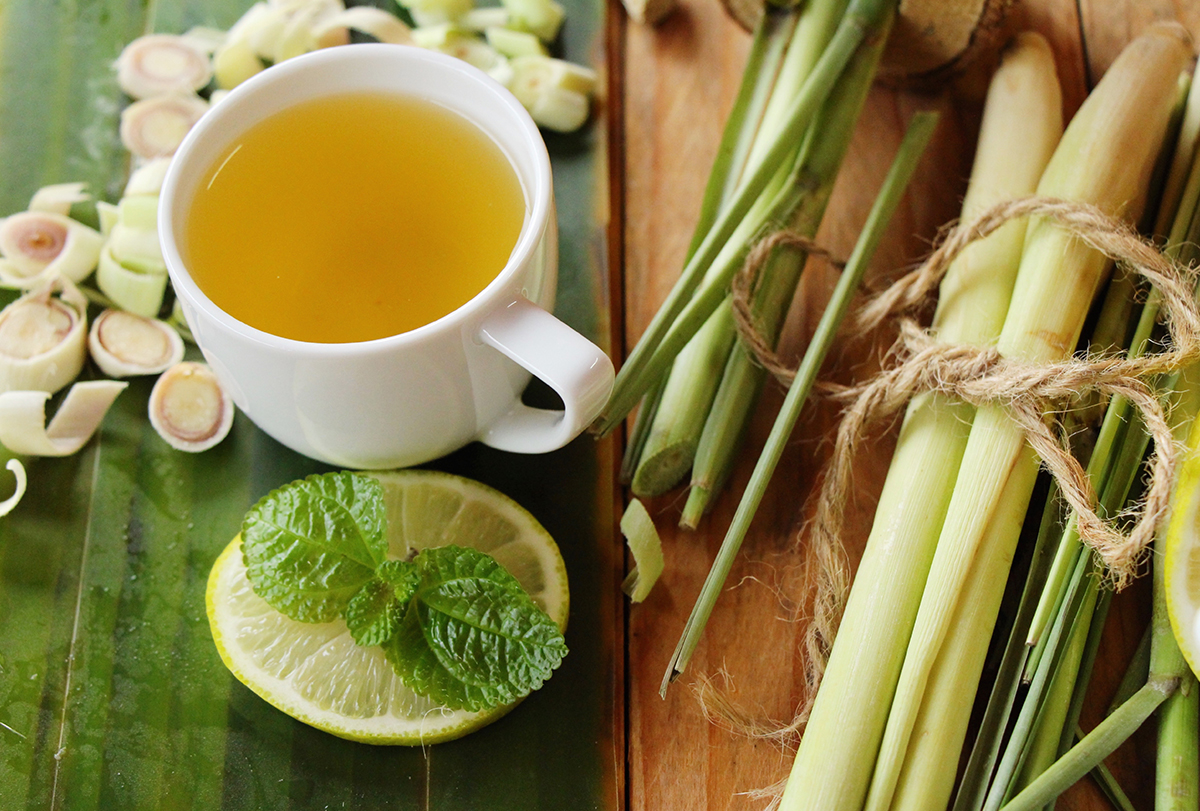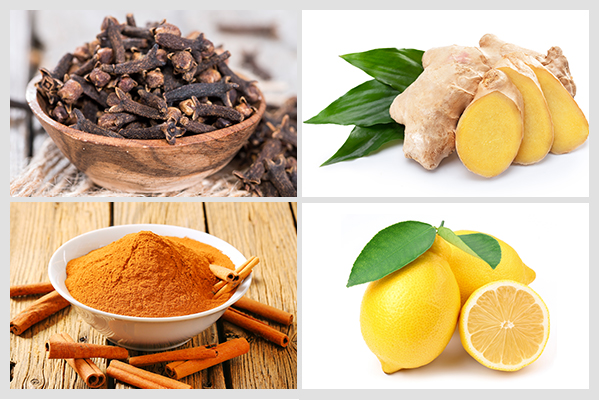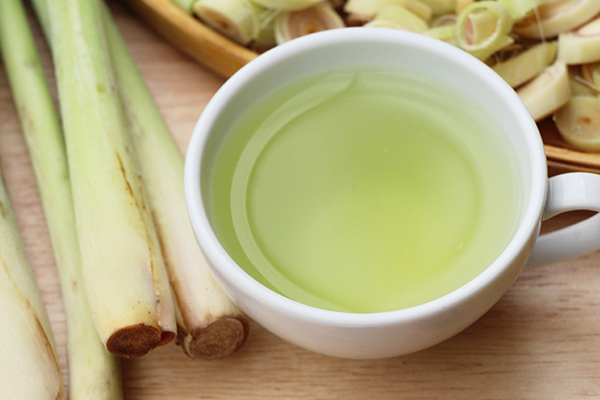In this article:
Lemongrass is an herb commonly used in Southeast Asian cooking such as for making soups, curries, and teas. It has a powerful scent and it’s mainly used for aromatherapy.

The main bioactive compounds in lemongrass make it a powerful antibiotic, antidiarrheal, antiparasitic, antitoxin, antioxidant, and blood sugar-lowering agent. (1)
Benefits of Lemongrass
Nowadays, lemongrass is consumed in different forms in various parts of the world to treat a variety of conditions such as: (1)
- Sore throat
- Mild pain and inflammation
- Spasms
- Headache and fever
- Stomach ache
- Diabetes
- Wounds and fractures
Lemongrass tea can also effectively manage anemia. In a human trial of 105 subjects, oral infusion of lemongrass tea boosted the creation of new red blood cells. (2) Thus, it can be a useful strategy in improving the outcomes of individuals with anemia.
Elevate Your Lemongrass Tea

Just as the Indian masala chai is famous for its use of spices, lemongrass tea can also be spiced to boost its nutritional benefit as well as flavor profile.
Here are some of the ingredients you can put in your lemongrass tea:
1. Cloves
Cloves are strong antibacterial agents and are used to treat stomach pain and other types of pain in many parts of the world. (3)
Combining cloves with lemongrass can create a potent beverage useful in treating pains as well as mild bacterial infections.
2. Cinnamon
Cinnamon exhibits strong antioxidant activity and is widely known to improve insulin sensitivity and thereby is useful for people with type 2 diabetes. Lemongrass exhibits a similar activity, and these two ingredients are useful in preventing damage to cells by free radicals. (4)
Therefore, combining cinnamon and lemongrass can give a nice cup of antidiabetic tea.
3. Ginger
Ginger also shows antidiabetic activity by lowering high insulin levels that occur due to insulin resistance in the cells. (4) Though studies have not found a link between ginger and fasting blood sugar levels, ginger improves blood sugar status over time. (5)
4. Lemon
Lemon polyphenols have many health benefits.
Lemon and ginger tea in particular has immune-boosting properties and is often consumed as a remedy for colds and cough.
Animal studies have found that long-term consumption of lemon-ginger tea reduces the risk of cancer. (6) However, these studies have not been done on humans and further trials are needed to establish conclusive results.
How to Make Spiced Lemongrass Tea
- Boil together 2 cloves, ½ inch of cinnamon stick, ½ inch piece of ginger, and 1½ cups of water.
- Turn to a simmer and add in a few leaves of lemongrass. Allow to steep on simmer until fragrant.
- Turn off the gas and add a few drops of lemon juice. You can add honey to sweeten the drink if you wish.
Expert Recommendation
You can add lemongrass leaves to a cup of milky masala chai. This tea needs to be consumed without the addition of lemon.
Precautions to Consider

Lemongrass has a strong bioactive compound content and should not be overconsumed (no more than 2 cups of tea per day) due to its potential side effects including dizziness, dry mouth, tiredness, increased appetite, frequent urination, and possible allergic reactions such as itching and rash. (7)
Most-Asked Questions About Lemongrass Tea
Does lemongrass ease anxiety?
Though several claims exist reporting the use of lemongrass in easing anxiety, many studies on this topic do not provide conclusive results. However, smelling lemongrass scent as part of aromatherapy does seem to have a short-term anti-anxiety effect. (8)
Does lemongrass tea help improve sleep?
No recent studies have found a link between the consumption of lemongrass tea and sleep. It is likely that the anti-anxiety effect experienced with lemongrass scent leads to a relaxed mind and body, which results in better sleep.
Can I lose weight with lemongrass tea?
Weight loss only happens with calorie restriction and exercise. Unless you are doing both these things, no tea will cause weight loss.
Does drinking lemongrass tea help in treating skin inflammation?
Lemongrass essential oil, not tea, helps in reducing the inflammatory substances in the skin. Make sure you dilute the essential oil in a few drops of carrier oil such as coconut or olive oil before application to the skin. (9)
Can I drink lemongrass tea during pregnancy and breastfeeding?
Avoid consuming lemongrass tea during pregnancy as it can start menstrual flow. (7) Some experts also suggest avoiding this during breastfeeding as it may be toxic to babies.
Final Word
The health benefits and flavor of lemongrass tea can be enhanced using different ingredients.
Commonly used spices include cloves, cinnamon, and ginger. This tea can be consumed hot or cold and can also replace caffeine effectively.
- Was this article helpful?
- YES, THANKS!NOT REALLY


